.jpg)
Eduardo Yukihara
Paul Scherrer Institute, Switzerland
Summary
Dr. Eduardo Yukihara is a leading expert in radiation dosimetry and luminescence, currently serving as the Head of the Radiation Metrology Section and the Dosimetry Group at the Paul Scherrer Institute in Switzerland. He earned his Ph.D. in Physics from the University of São Paulo, Brazil, and has held esteemed positions in academia, including a professorship at Oklahoma State University. Dr. Yukihara is also the Co-Editor-in-Chief for Radiation Measurements and an Adjunct Professor at both Oklahoma State University and Clemson University. His research spans a broad range of topics in radiation dosimetry, with a particular focus on the development and application of luminescence techniques in medical, environmental, and space dosimetry. His work is widely recognized, as evidenced by his numerous publications and leadership roles in international scientific committees.
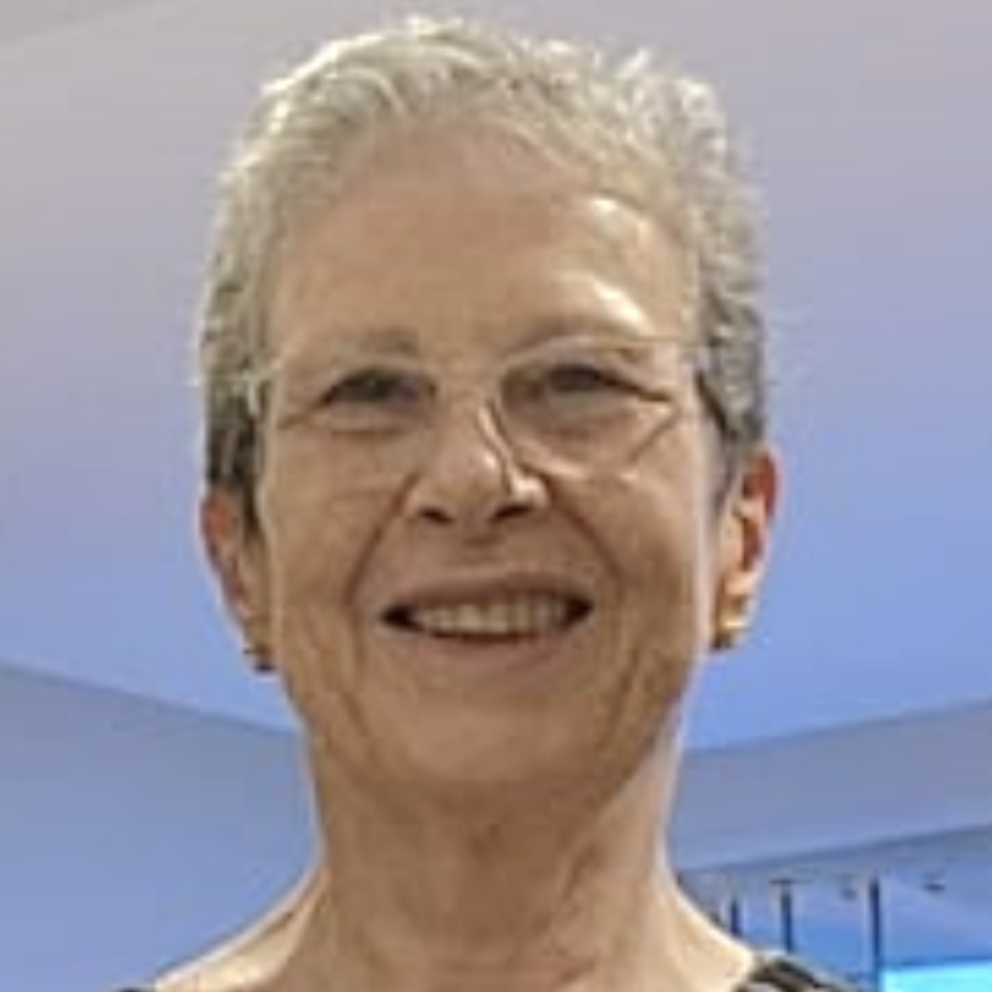
Elisabeth Mateus Yoshimura
Universidade do Sao Paulo, Brazil
Summary
Elisabeth Mateus Yoshimura holds a bachelor's degree, MSc and PhD in Physics from the University of São Paulo. She is currently a full professor at the University of São Paulo and has experience in Radiation Physics. Elisabeth works mainly on the following topics: radiation dosimetry applied to radiology, radiotherapy and the environment; thermoluminescence and optically stimulated luminescence; radiological protection and dosimetry of low-intensity lasers applied to health. She has published more than a hundred papers in the field. She is an ad-hoc consultant for several scientific journals, FAPESP and CNPq, and has supervised undergraduate, master and doctorate students.
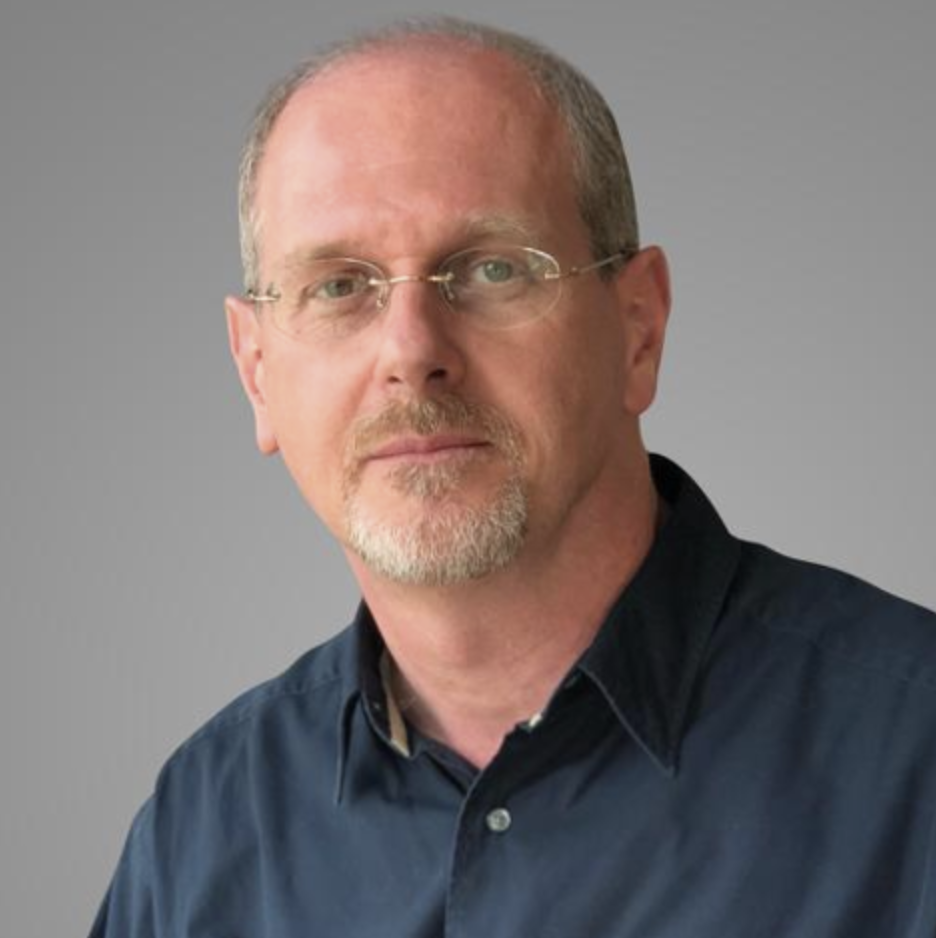
Francesco d Ericco
University of Pisa, Italy
Summary
Francesco d’Errico is a tenured Full Professor of Nuclear and Biomedical Engineering, as well as Medical Physics, at the University of Pisa (Italy). He started his academic career in 1996 with a professorship in Radiation Physics at Yale University (USA), where he is still a Fellow at Timothy Dwight College. He has joint/adjunct appointments at the University of Rome Tor Vergata, and at the Federal University of Sergipe (Brazil), where he was “Pesquisador Visitante Especial” (Special Visiting Scientist) within the program “Ciências sem Fronteiras”. He has performed and led research projects on advanced methods for nuclear safety and security, environmental monitoring, radioecology, biodosimetry, radiation detection/dosimetry/spectrometry supported in the US by NASA, NIH, NSF, NIH, DHS and DOE, and in Italy by Commission of the European Communities, Italian Ministry of University Research (MUR), Italian Nuclear Physics Institute (INFN).
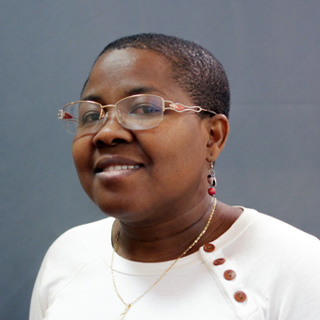
Guerda Massillon-JL
Instituto de Fisica, UNAM, Mexico
Summary
Guerda Massillon is a permanent and full-time Associate professor at the Physics Institute of the National Autonomous University of Mexico (UNAM). Her research area is Basic Dosimetry and its application in Medical Physics. She has received several national and international awards for her research such as: “Fellow” of the Interamerican Network of Academies of Sciences (IANAS) 2011; “Young Scientist Prize” of the International Union of Pure and Applied Physics (IUPAP) 2015; “Research Fellow” of the Royal Society, England 2015; “Marie Curie Medal”, 2017; National System of Researchers SNI (Conacyt Mexico) level II and PRIDE C of UNAM. She was the president of the Medical Physics Division of the Mexican Physics Society, member of the TG-235 working group of the AAPM (American Association of Physicists in Medicine). She is a member of the International Solid State Dosimetry Organization (ISSDO) and editorial board member of Physica Medica: European Journal of Medical Physics.
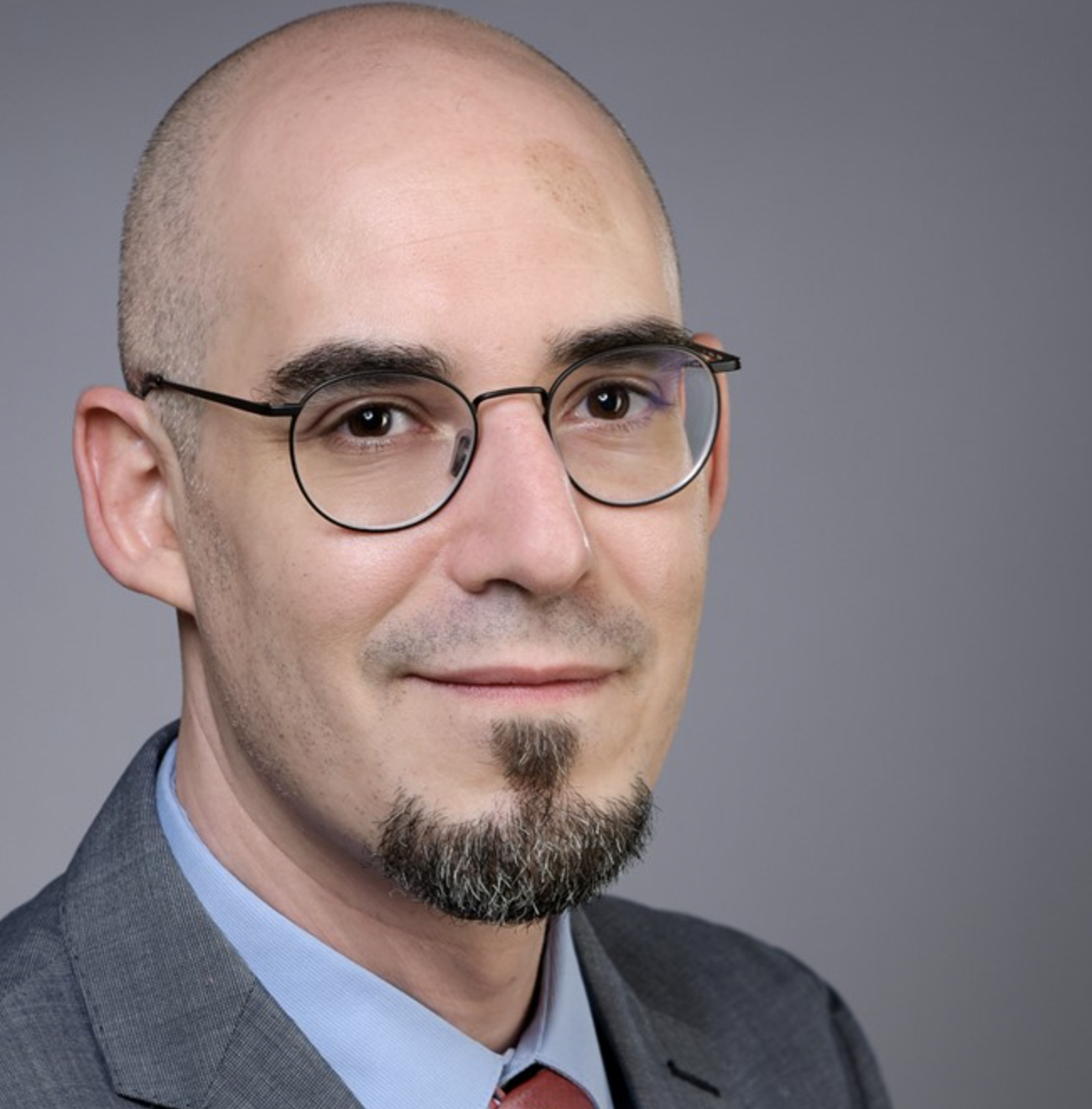
Iván D Muñoz-Molina
German Cancer Research Center, Germany
Summary
Iván D. Muñoz currently holds a dual position as a postdoctoral researcher at the German Cancer Research Center and Heidelberg University Hospital in Germany. He obtained his bachelor's degree in Physics and a master's degree in Medical Physics from the National Autonomous University of Mexico. He then completed his medical physics residency at the American British Cowdray Hospital and the National Cancer Institute in Mexico. In 2015, he was awarded the Alfonso Caso Medal and Juan Manuel Lozano Diploma for his academic achievements at the National Autonomous University of Mexico. Following that, he earned his doctoral degree in Physics from Heidelberg University in Germany. Throughout his career, he has focused on dosimetry, particularly solid-state dosimetry, and has published several research articles on these topics. He enjoys hiking, astronomy, and nature.
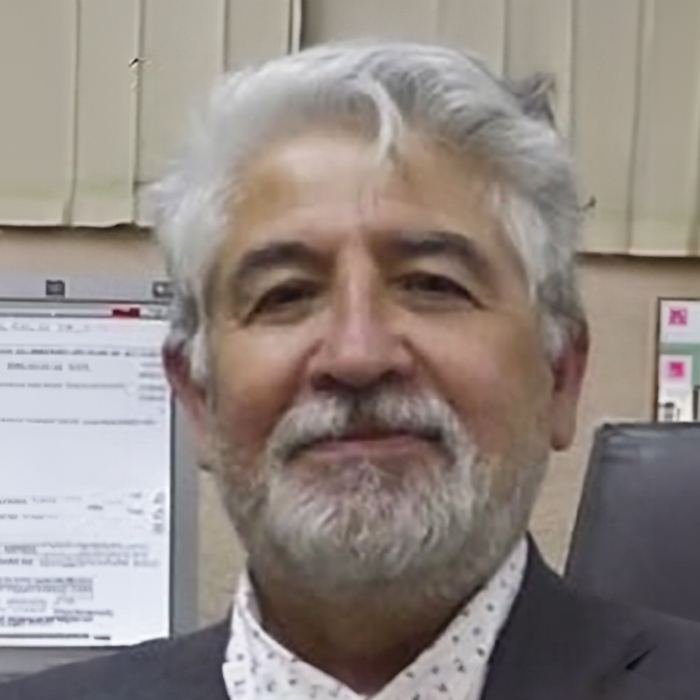
Hector-René Vega-Carrillo
Universidad Autonoma de Zacatecas, Mexico
Summary
Hector Rene Vega-Carrillo has a large experience in research and teaching in Nuclear Sciences.
His research interests include experimental and computational spectrometry, dosimetry of neutrons and gamma-rays, and design of subcritical nuclear reactors using uranium and thorium as nuclear fuel. He has published more than 200 papers in scientific journals and more than 40 books. He participated in several scientific meetings presenting more than 500 papers. From 2005 up to 2020 Dr. Vega-Carrillo was Chairperson of the International Scientific Committee of the International Symposium on Solid State Dosimetry (ISSSD). Dr. Vega-Carrillo has been an invited professor at universities in Mexico, Ecuador, Spain, Colombia and Peru. From 1981 to 2023 he was a faculty member at the Universidad Autonoma de Zacatecas, and liaison officer for Mexico at the Nuclear Energy Agency. He is a co-founder of the Irradiation and Dosimetry Mexican Society (SMID, AC). Professor Vega-Carrillo is member of the editorial board and a managing editor of Applied Radiation and Isotopes and member of the editorial board of Radiation Physics and Engineering.